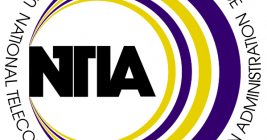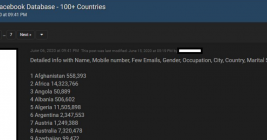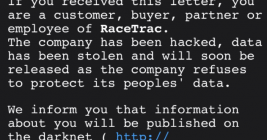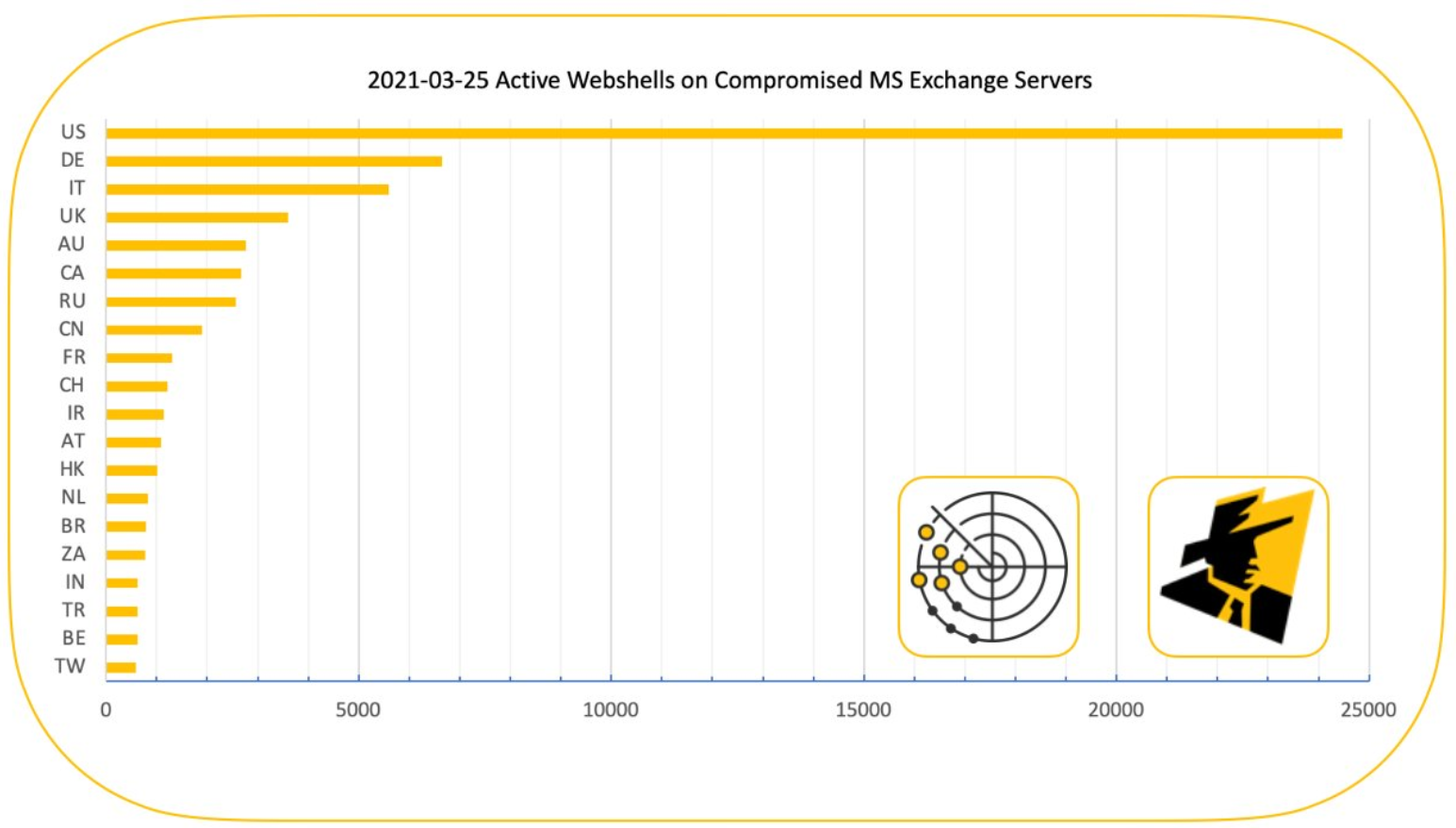Author Archives: BrianKrebs
Did Someone at the Commerce Dept. Find a SolarWinds Backdoor in Aug. 2020?
On Aug. 13, 2020, someone uploaded a suspected malicious file to VirusTotal, a service that scans submitted files against more than five dozen antivirus and security products. Last month, Microsoft and FireEye identified that file as a newly-discovered fourth malware backdoor used in the sprawling SolarWinds supply chain hack. An analysis of the malicious file and other submissions by the same VirusTotal user suggest the account that initially flagged the backdoor as suspicious belongs to IT personnel at the National Telecommunications and Information Administration (NTIA), a division of the U.S. Commerce Department that handles telecommunications and Internet policy.
Microsoft Patch Tuesday, April 2021 Edition
Microsoft today released updates to plug at least 110 security holes in its Windows operating systems and other products. The patches include four security fixes for Microsoft Exchange Server — the same systems that have been besieged by attacks on four separate (and zero-day) bugs in the email software over the past month. Redmond also patched a Windows flaw that is actively being exploited in the wild.
ParkMobile Breach Exposes License Plate Data, Mobile Numbers of 21M Users
Are You One of the 533M People Who Got Facebooked?
Ne’er-do-wells leaked personal data — including phone numbers — for some 553 million Facebook users this week. Facebook says the data was collected before 2020 when it changed things to prevent such information from being scraped from profiles. To my mind, this just reinforces the need to remove mobile phone numbers from all of your online accounts wherever feasible. Meanwhile, if you’re a Facebook product user and want to learn if your data was leaked, there are easy ways to find out.
Ransom Gangs Emailing Victim Customers for Leverage
New KrebsOnSecurity Mobile-Friendly Site
Dear Readers, this has been long overdue, but at last I give you a more responsive, mobile-friendly version of KrebsOnSecurity. We tried to keep the visual changes to a minimum and focus on a simple theme that presents information in a straightforward, easy-to-read format. Please bear with us over the next few days as we hunt down the gremlins in the gears.
No, I Did Not Hack Your MS Exchange Server
Phish Leads to Breach at Calif. State Controller
A phishing attack last week gave attackers access to email and files at the California State Controller’s Office (SCO), an agency responsible for handling more than $100 billion in public funds each year. The phishers had access for more than 24 hours, and sources tell KrebsOnSecurity the intruders used that time to steal Social Security numbers and sensitive files on thousands of state workers, and to send targeted phishing messages to at least 9,000 other workers and their contacts.
RedTorch Formed from Ashes of Norse Corp.
Remember Norse Corp., the company behind the interactive “pew-pew” cyber attack map shown in the image blow? Norse imploded rather suddenly in 2016 following a series of managerial missteps and funding debacles. Now, the founders of Norse have launched a new company with a somewhat different vision: RedTorch, which for the past two years has marketed a mix of services to high end celebrity clients, including spying and anti-spying tools and services.











